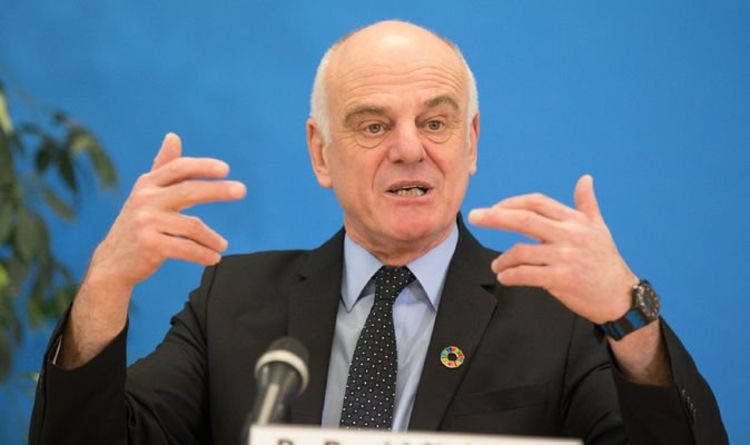What has been, for several months, a sustained global discourse on the role of so-called ‘lockdowns’ in pushing back the spread of the dreaded novel coronavirus as against its impact on the socio-economic well-being of countries, is gathering a fresh head of steam. This follows what appears to have been the taking-out-of-context of comments made by a senior World Health Organization (WHO) official on governments’ application of the ‘lockdown’ mechanism as a means of seeking to control the spread of the virus.
Back in April WHO Director General, Tedros Adhanom Ghebreyesus, had reportedly written in a WHO strategy paper that the international community should continue to use the ‘lockdown’ approach until the disease was deemed to have been brought under control.
Very recent subsequent developments, however, appears to have led to the view in some quarters that the UN-affiliated global health body might have ‘walked back’ on what has already been its stated commitment to containment-related temporary lockdowns by countries as part of a package of measures that seek to push back the spread of the virus.
Up to earlier this week there had been no official responses here in Guyana to utterances made by WHO Special Envoy Dr David Nabarro, whose pronouncements were made during a recent interview with the British magazine, The Spectator. “We in the World Health Organization do not advocate lockdowns as the primary means of control of this virus,” Nabarro has been quoted as saying in the interview, asserting that “the only time we believe a lockdown in justified is to buy you time to reorganize, regroup, rebalance your resources; protect your health workers who are exhausted,” Dr Nabarro declared.
The WHO pronouncements have come less than two weeks after the authorities in Guyana eased the hours of the curfew that is now in place, allowing for, among other things, the extended opening of business houses including stores, supermarkets and places of entertainment. While there has been no response from business officials here to the recent WHO pronouncements on ‘lockdowns’, the owner of a local business house affiliated with the Private Sector Commission (PSC) told the Stabroek Business that this could very well be the result of increasing business pushback arising out of the global strictures that COVID-19 have placed on international business.
Here in Guyana, government’s announcement with regard to the re-opening of the country’s two international airports and its pushing back of the curfew hours had been accompanied by at least one official public pronouncement regarding the importance of establishing a nexus between taking protective measures, on the one hand, and being mindful of socio-economic considerations, on the other.
By earlier this week, WHO was making a discernable effort to clear up what appeared to be some public misapprehensions about its pronouncements on lockdowns. Lockdowns, according to what appeared to be a modified Nabarro pronouncement, “are not helpful as the primary means to control COVID-19.” The WHO envoy reportedly said that the WHO was advocating a “middle path” that seeks to hold the virus at bay whilst keeping economy and social life going. What may not have helped the WHO’s cause, however, was the hasty pronouncement that what was being advocated as the WHO’s position of lockdowns was consistent with his own.
Nabarro maintains that the WHO supports measures such as “physical distancing, face protection, hygiene, isolating the ill and protecting the vulnerable,” as possible workable methods of keeping the virus at bay though, given the considerable challenges associated with enforcement of the restriction-related protocols, the government here and in some other countries may feel ‘comforted’ by the knowledge that they have stronger options, including lockdowns, at their disposal.
The relaxing of the curfew hours and the procedures associated with the reopening of businesses has coincided with official Ministry of Health reports of a significant increase in both the numbers of infected persons and COVID-19-related deaths in Guyana.








